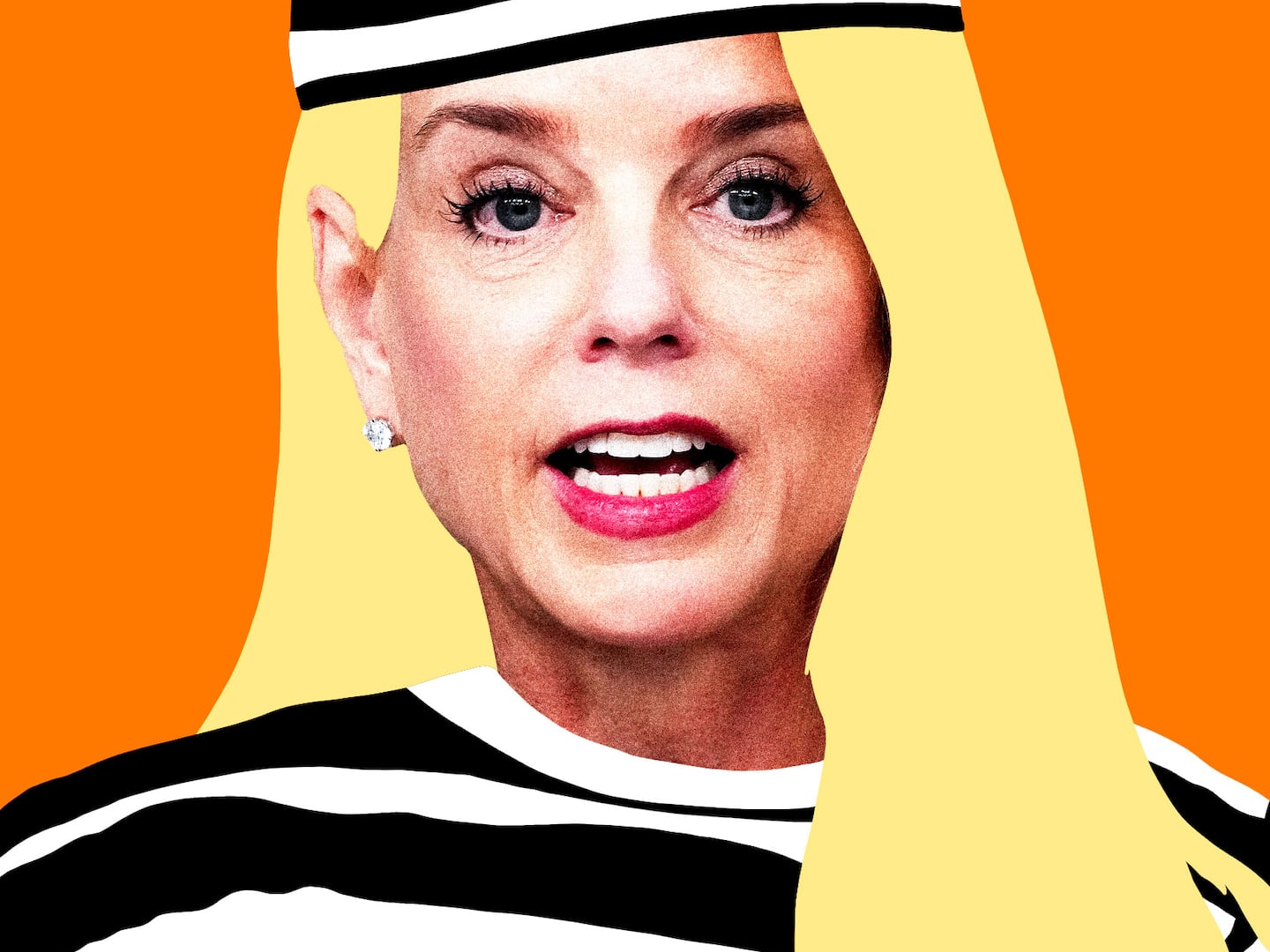
When they turn health-care reform into a movie, I hope they give a cameo to the nuns. For months, the powerful, sheltered men who run the Conference of Catholic Bishops had been urging members of Congress to give up on covering the uninsured because the anti-abortion provisions in the Senate bill, written by two anti-abortion senators, weren’t anti-abortion enough. Then along came the nuns, to remind everyone that Jesus didn’t get his start on Fox News. “When I read the Gospels, where is Jesus? He’s healing the lepers,” declared Sister Simone Campbell. “Who’s been on the ground, in the field? Who knows the struggles people have to deal with?” added Sister Regina McKillip. “It’s the sisters.”
By focusing the debate on individuals wrecked by our vicious and lunatic health-care system, Obama found his voice and gave his party courage.
That, ultimately, is why health-care reform passed: because of what people like Sister Regina have seen on the ground. Americans, it is sometimes said, are philosophically conservative but operationally liberal. We see ourselves as rugged, self-reliant folks who have made it without Washington’s help and believe others should do the same. It’s a flattering self-conception, and one Americans have little trouble reconciling with our dependence on Social Security, Medicare, Medicaid, the veterans’ health system, federal aid to education, home mortgage deductions, federal road construction, farm subsidies and the like. (It is often the places where dependence on government is greatest—like Alaska, which lives on the oil dole, or the South, which reached economic parity with the rest of the country largely because of military and agricultural spending—that cling most fervently to this Glenn Beck fantasy.) But every generation or so, a president punctures the ideological veneer by focusing on what life is like for Americans who really are on their own. What it’s like “on the ground, in the field.”
• More Daily Beast writers on the health-care vote.Franklin Roosevelt’s opponents called him a communist and a fascist, sometimes at the same time. But in truth, FDR’s greatness stemmed from his indifference to ideology. Spurred by Eleanor, who told him of her wanderings through Depression-ravaged America, Roosevelt decided to try anything, everything—economic and political orthodoxy be damned—to ameliorate the horror she saw. “What are you going to say when they ask you the political philosophy behind TVA?” asked Nebraska Sen. George Norris about FDR’s proposal to bring electricity and economic development to pre-industrial part of the South. “I’ll tell them it’s neither fish nor fowl,” FDR replied, “but, whatever it is, it will taste awfully good to the people of the Tennessee Valley.”
Lyndon Johnson was a child of the New Deal. The Great Society was born, in part, from his experience as a young man watching how the Texas Hill Country was transformed when FDR “brought the lights.” In the 1960s, Barry Goldwater and Ronald Reagan said that giving the poor and elderly health care violated the American creed. But LBJ, who had seen his Hill Country neighbors bent and broken by arthritis as the result of decades of near-medieval labor, wasn’t interested in what Friedrich Hayek said. He knew that in the real world, government-funded subsidized health care, like government-subsidized electricity, didn’t enslave people; it freed them.
Now, in our time, tens of millions of Americans will gain health insurance because over the past two months, Barack Obama discovered FDR and LBJ’s language of earthy, pragmatic reform. For six months, from the town-hall meetings of last summer until Scott Brown’s election in Massachusetts, the Tea Partiers had been winning an argument about political theory. Obama, they claimed, was a socialist; a larger government role in health care would rob of Americans of their freedom. Democrats—who usually have trouble with philosophical arguments—largely dismissed such claims as kooky, not understanding how deeply rooted they were in the American rhetorical tradition. Obama’s health-care effort was particularly difficult to defend on theoretical grounds because, like much New Deal and Great Society legislation, it was an ideological grab bag, a series of political compromises and policy experiments that bore little resemblance to the ideologically coherent, single-payer systems of Western Europe.
In the ideological debate over health-care reform, Obama lost big. He finally began to win when he turned the discussion to Natoma Canfield, the Ohio cancer survivor forced to give up her health coverage as the result of rate hikes. Then he focused on Anthem, the California-based insurer that raised premiums by as much as 39 percent. Obama never fully overcame the public’s broader suspicions, but by focusing the debate on individuals wrecked by our vicious and lunatic health-care system, he found his voice and gave his party courage. When Natoma Canfield’s congressman, a vulnerable freshman Democrat named John Boccieri announced that he was voting yes, he recalled his own mother’s breast cancer. “If in this job I can save one life, one family, one person, one Natoma,” he declared, “this job is worth it.”
Of course, health care passed because of Nancy Pelosi’s legislative acumen, and because the White House won over members of Congress with various goodies. But it also passed because Obama turned a theoretical debate into a tactile one. And in so doing, he vindicated the faith that vulnerable Americans placed in him a year and a half ago. Fundamentally, that faith was never about Obama’s race, youth, or charisma. It was the faith that someone who had seen life at America’s margins—who had seen suffering in Chicago’s housing projects, as Eleanor Roosevelt saw it in the Dust Bowl, and Lyndon Johnson saw it in the Texas hills—could climb the greasy pole without forgetting the people at the bottom. “Who’s been on the ground, in the field?” asked Sister Regina. “Who knows the struggles people have to deal with?” The nuns know, and so does the president of the United States. And that has made all the difference.
Peter Beinart, senior political writer for The Daily Beast, is associate professor of journalism and political science at City University of New York and a senior fellow at the New America Foundation. His new book, The Icarus Syndrome: A History of American Hubris, will be published by HarperCollins in June. Follow him on Twitter and Facebook.






